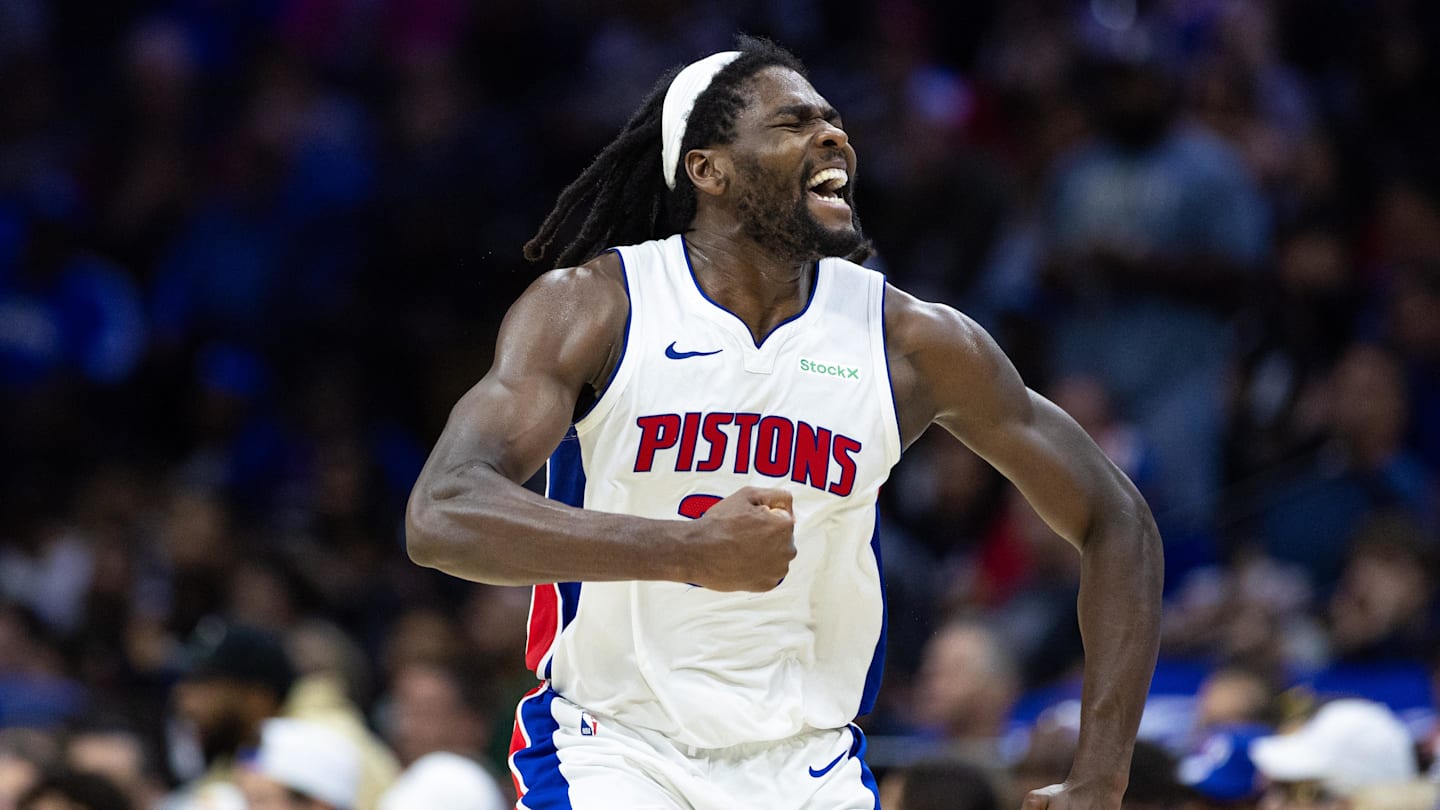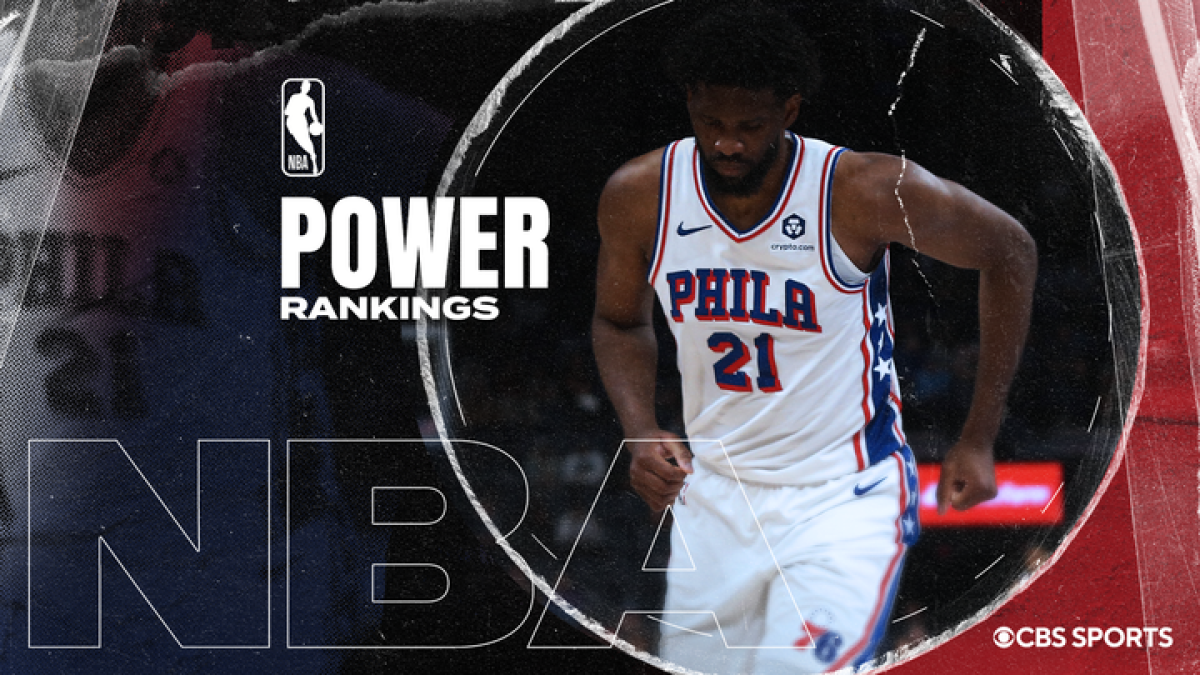Tech
How the New York City marathon’s sponsor benefits from it

Typically, when a company decides to sponsor a major event, it is looking to build awareness with a broad cross-section of consumers for its products. So when TCS, the tech services unit of Tata Group, a large Indian conglomerate, that is hardly a household name in the U.S., first announced it would be the title sponsor of the New York City marathon in 2013, it was a bit of a head scratcher.
After all, TCS sells its services to businesses, not individual consumers and it is not in the running business. But on the eve of the tenth anniversary of the first race in that sponsorship, which has since been renewed through 2029, TCS’ chief marketing officer Abhinav Kumar says it has been a massive success. “It’s a phenomenal, phenomenal event for engagement,” Kumar tells Fortune in an interview over Zoom, speaking from his office in Brussels. Kumar cites a statistic from an outfit called Brand Finance, saying that TCS’ brand is now worth $19.2 billion, up almost ninefold from 2010, thanks in large part to growing awareness of the name.
When TCS announced the sponsorship with the New York City marathon organizer, New York Road Runners, it was already the sponsor of a race in Mumbai, where it is headquartered, and the Amsterdam marathon. But it was also sponsoring events in other sports like cricket, and TCS realized it would be better off concentrating its efforts in one sport. (It still sponsors an F1 event but otherwise, it’s road races.)
Since landing New York’s marathon, TCS, which spends $40 million a year on sports sponsorships, has picked up the London and Toronto marathons, with Sydney, Australia recently added. In all, TCS sponsors 15 road races around the world, all but two of them marathons. (It is the title sponsor at most of those races, but for the Chicago and Boston marathons, it is the technology sponsor only, not the title sponsor.)
Consolidating its sports sponsorship dollars into one sport is allowing TCS to get more marketing bang for its buck by creating visibility more regularly throughout the year, rather than diffusely at unrelated events, Kumar adds. So while this sponsorship is unusual in that it is not by a brand like New Balance, Brooks or Nike looking to sell to consumers, it raises TCS’s visibility very strategically with a few to reaching as many people as possible. The New York City marathon is the biggest in the world with more than 50,000 finishers and hundreds of thousands of spectators lining the 26.2-mile run through the city’s five boroughs.
“Our industry, our product is invisible,” says Kumar. So the focus on running allows TCS, which is part of the massive Tata Group, crucially to get in front of a lot of executives given running’s deep reach into the professional class. “We are engaging with 4,000 business executives with our running platform. But we also see a rise in the sport and the corporate sector is taking up fitness in a big way,” he says.
TCS’ work with the big marathons in sponsors goes beyond just slapping its name on the race. For the 2014 New York marathon, TCS built an app for both athletes and spectators. (TCS’ predecessor as the New York marathon sponsor was Dutch bank ING, which had planned on using the sponsorship to develop a larger retail banking presence in the U.S., a business from which it has since withdrawn.)
Over the years, the New York City marathon app has grown more sophisticated with a view to making the race what Kumar calls “the most technologically advanced marathon.” For years, it offered athlete tracking. And then two years ago, TCS added live broadcast to the app, allowing it to be seen in 150 countries, bringing the race to new audiences.
Now TCS is tinkering with augment reality and last year created what it calls the first digital heart of a professional runner, namely prominent female marathoner Des Linden, meaning it helped build a digital twin that allowed her to measure her health and performance and transform her training. Kumar says he hopes the tech can eventually help a runner finally break the two-hour marathon barrier. But perhaps more crucially, this aspect of the sponsorship allows TCS to showcase its tech in a way that could garner interest from clients like health care providers and medical devices makers.
“It’s an opportunity for us to get our brand engaged with a larger set of people in an experiential manner,” says Kumar. Still, don’t expect TCS to go around snapping up all that many more races, given the costs of sponsorship. The marathons TCS wants to sponsor are typically large events in gateway cities and where it has a large business presence.
There’s a personal side to this story too, Kumar says. TCS’s former CEO N. Chandrasekaran took up running in the aftermath of a health scare. To spread the word about the value of running for health and wellness, he created a health app for employees years ago. Now, of the 600,000 TCS employees, some 200,000 are runners at a variety of distances, says Kumar, who despite his nickname as TCS’s Chief Marathon Officer, a play on the CMO title, does not himself run.
“It’s become part of the identity of our company and it’s unleashed this revolution of wellness inside our company,” says Kumar.










